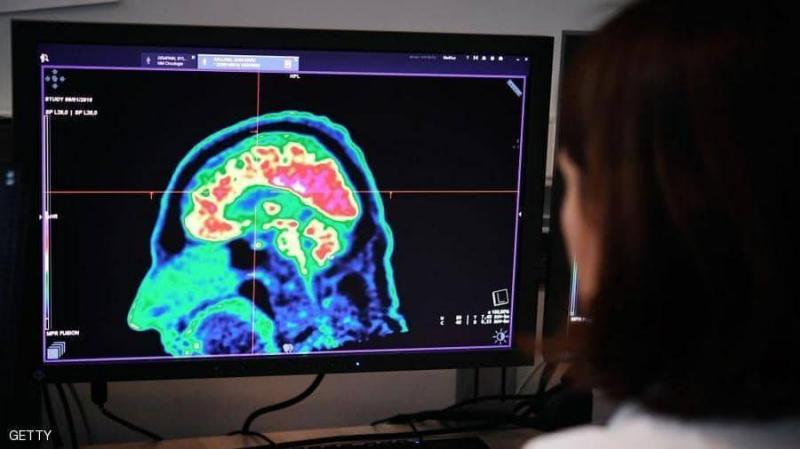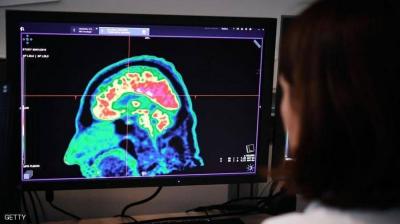A study has found that better social life can reverse memory problems in individuals showing early signs of dementia. People who spend face-to-face time with friends and family, attend classes or groups, volunteer, or participate in religious services may see their cognitive functions return to normal. This can happen even if decline began years earlier, which is good news for those whose memory and processing skills deteriorated during lockdowns. Researchers analyzed brain functions, lifestyle patterns, and social life of nearly 2,200 Americans aged between 62 and 90, including 972 people suffering from mild cognitive impairment (MCI) - often a precursor to dementia. After five years, they discovered that 22% of participants with mild cognitive impairment (MCI) improved to the point that their brain functions are now considered normal. Additionally, 12% developed dementia while 66% remained stable. Those with higher levels of social activity were more likely to improve.
Lead researcher Ming Wen from the University of Utah, USA, was surprised by the findings. After presenting the research at the Alzheimer’s Research Conference in Brighton, UK this week, she noted that most people think this is a one-way street; once cognitive impairment occurs, there is no way back. However, they found that even if someone had cognitive impairment five years ago, if they actively participated in social interactions—activities like volunteering, meeting friends, and attending religious services—a portion of these individuals are likely to improve and return to normal, which is truly exciting.
The results suggested that increasing social activity, even by a single event each year, could improve a person's chances of reversing brain decline by up to 41%. Close social relationships were also linked to a protective effect against full-blown dementia, although it did not appear to be related to improving a person's chances of reversing mild cognitive impairment. The research accounted for levels of exercise, whether participants smoked or drank, if they were employed, and their age, gender, race, and socioeconomic background. Due to the way the study was conducted, it was unclear whether those whose brain health improved increased or maintained their levels of social activity over the five-year period. The research has not been published or peer-reviewed.




